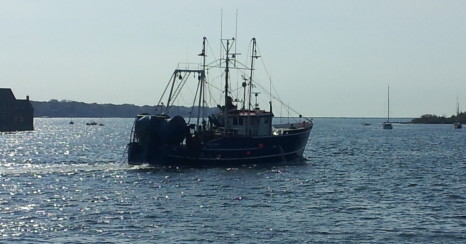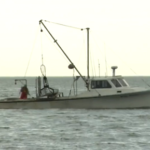Tag Archives: Magnuson Stevens Act (MSA)
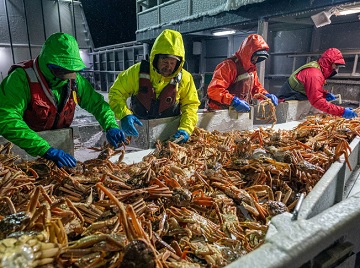
Alaska, Washington senators team up to seek disaster declaration for closed crab harvests
Sens. Lisa Murkowski and Dan Sullivan of Alaska and Sens. Patty Murray and Maria Cantwell of Washington sent the request to U.S. Commerce Secretary Gina Raimondo. The senators asked the secretary to act “as quickly as possible” to invoke the disaster declaration provision of the primary law governing marine fisheries, the Magnuson-Stevens Fishery Conservation and Management Act. “Many of these fishermen and businesses hail from both Alaska and Washington, and the impacts of these fishery disasters extend far beyond our states to consumers across the United States and the world,” the senators’ letter said. The State of Alaska puts the estimated loss of ex-vessel value – the amount paid directly to fishers for their catches – at $287.7 million,,, >click to read< 09:16
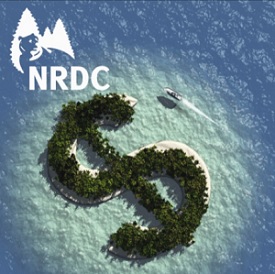
From Congressman Huffmans friends on MSA Re-Auth! – Healthier, Climate-Ready Fisheries on the Menu for Congress
The Magnuson-Stevens Act (MSA), our federal fisheries law, has not been reauthorized since 2006. And with a robust new draft bill to amend it, House lawmakers are breathing new life into the conversation about managing our nation’s fisheries. Representative Jared Huffman (D-CA-2), Chairman of the House Natural Resources Subcommittee on Water, Oceans, and Wildlife, and fellow subcommittee member Representative Ed Case (D-HI-1), released the draft bill in December to reauthorize and update the MSA. It seeks to address the changing needs of sustainable fisheries and coastal communities, including tackling new challenges–like climate change and its drastic impacts on marine ecosystems. >click to read< 06:15

“Looking Back”: The Keep Fishermen Fishing Rally
Measured by any meaningful criteria the Keep Fishermen Fishing rally held on the steps of the Capitol on March 21 was a stunning success. It was attended by thousands of fishermen from as far away as Alaska, twenty one Senators and Members of the House of Representatives, and at least a half a dozen other VIPs made room in their busy schedules to come out and address the people who attended. From the most conservative of the conservatives to the most liberal of the liberals, these politically divergent speakers had one message; fix the Magnuson Act and bring back the balance between conservation and harvest. For the second time at the national level recreational and commercial fishermen – no matter what fisheries they participated in, no matter what their disagreements on allocation or lesser issues were, and no matter where they were from – were standing together and demanding a return to the original intent of the Magnuson Act;,,, >click to read< 08:09
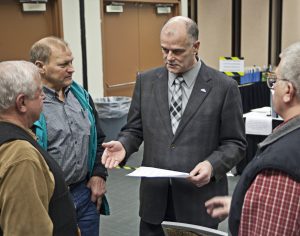
Work continues on federal plan for Cook Inlet salmon
More than two years after a court ruling ordered the North Pacific Fishery Management Council to develop a management plan for the Cook Inlet salmon fishery, a stakeholder group has made a first set of recommendations. The council convened a Cook Inlet Salmon Committee last year composed of five stakeholders to meet and offer recommendations before the council officially amends the Fishery Management Plan, or FMP, for the drift gillnet salmon fishery in Upper Cook Inlet, which occurs partially in federal waters. >click to read<15:13
Your View: Not all fishermen support Young bill, By Greg Walinski
 We need to hang on to the fundamentals of the act, while improving monitoring, data collection systems — for both commercial and recreational fishing — and bycatch accountability. I recognize that this bill does create a good framework for the regional fishery councils to implement electronic monitoring and stresses the importance of cooperative research, but it also dismantles some basic requirements to achieve healthy fish populations by building in exemptions and loopholes. Read the rest here 11:15
We need to hang on to the fundamentals of the act, while improving monitoring, data collection systems — for both commercial and recreational fishing — and bycatch accountability. I recognize that this bill does create a good framework for the regional fishery councils to implement electronic monitoring and stresses the importance of cooperative research, but it also dismantles some basic requirements to achieve healthy fish populations by building in exemptions and loopholes. Read the rest here 11:15






